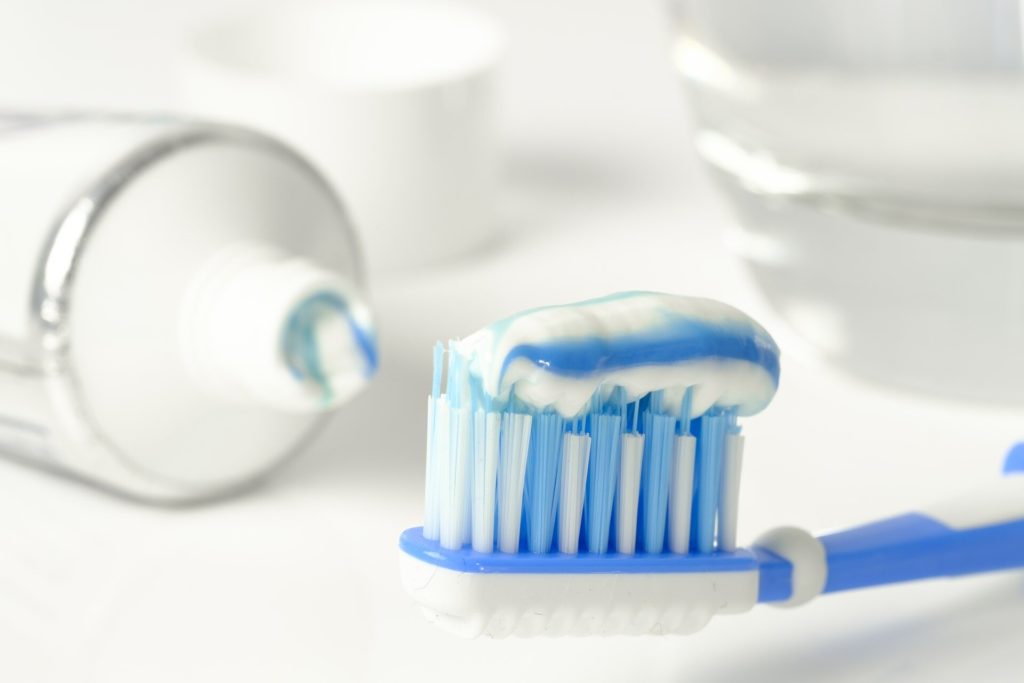
Gut microbiome tagged posts


In two publications in Nature Medicine, a European-Israeli team of researchers show how major disturbances occur in the gut microbiome of patients suffering from heart disease. Given this latest evidence from microbiome research, one of the senior lead researchers, Professor Oluf Pedersen from the University of Copenhagen, calls for stronger and more focused public health initiatives to prevent or delay these common diseases that are a leading cause of premature death worldwide through plant-based and energy-controlled diet, avoidance of smoking and compliance with daily exercise.
The human gut contains trillions of bacteria, collectively called the gut microbiome, which may have positive and negative effects on human health...
Read More
A new study conducted in mice demonstrates precisely how triclosan, an antimicrobial found in many household items, including some toothpastes, toys and thousands of other products, can trigger gut inflammation.
Increasingly, research links triclosan with the gut microbiome and gut inflammation. A new study looks at the potential for combating damage to the intestine. The findings suggest new approaches for improving the diagnosis, prevention and treatment of inflammatory bowel disease.
An international team of researchers led by the University of North Carolina at Chapel Hill, the University of Massachusetts Amherst and Hong Kong Baptist University identified the bacteria, and even specific enzymes, that trigger triclosan’s harmful effects...
Read More
Our gut microbiome — the ever-changing “rainforest” of bacteria living in our intestines — is primarily affected by our lifestyle, including what we eat or the medications we take, most studies show. But a University of Notre Dame study has found a much greater genetic component at play than was once known.
In the study, published recently in Science, researchers discovered that most bacteria in the gut microbiome are heritable after looking at more than 16,000 gut microbiome profiles collected over 14 years from a long-studied population of baboons in Kenya’s Amboseli National Park. However, this heritability changes over time, across seasons and with age. The team also found that several of the microbiome traits heritable in baboons are also heritable in humans.
“The environme...
Read More





Recent Comments